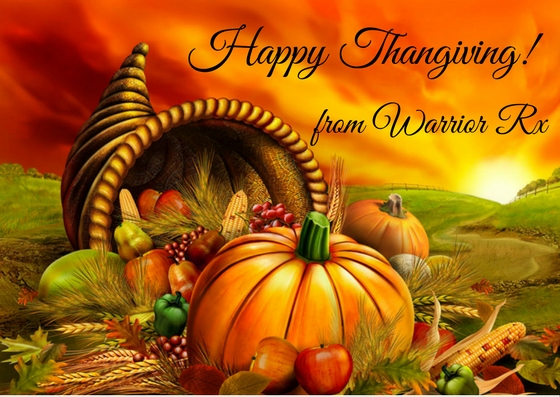Where Are You
In driving to work on a warm(ish) autumn day where the sun was bright and the leaves on the trees were having their last burst of color I started to notice that the local nurseries’ were in full Christmas holiday decoration. As I glanced at the storefronts along the highway this was a common view. Then driving into my neighborhood, I noticed that a few houses already had Christmas decorations on them.
We haven’t even hit Thanksgiving yet, but we were being catapulted into the Christmas holiday season. Thinking back to August, I had the same experience where the new school year didn’t even start yet and we were in the last days of summer, but yet the Halloween candy and decorations were abundant.
These are more overt examples, but they got me thinking about how we can lose where we are and are compelled to transition our thoughts and actions to some time in the future, taking us out of the present. And for some these grand signs of impending holidays (or other future events) conjure up feelings of being behind in planning, and falsely thinking that we need to get a jump start so when the “holidays” or the future event arrives we can just relax and enjoy them. When our planning and work are done we can be in the moment. 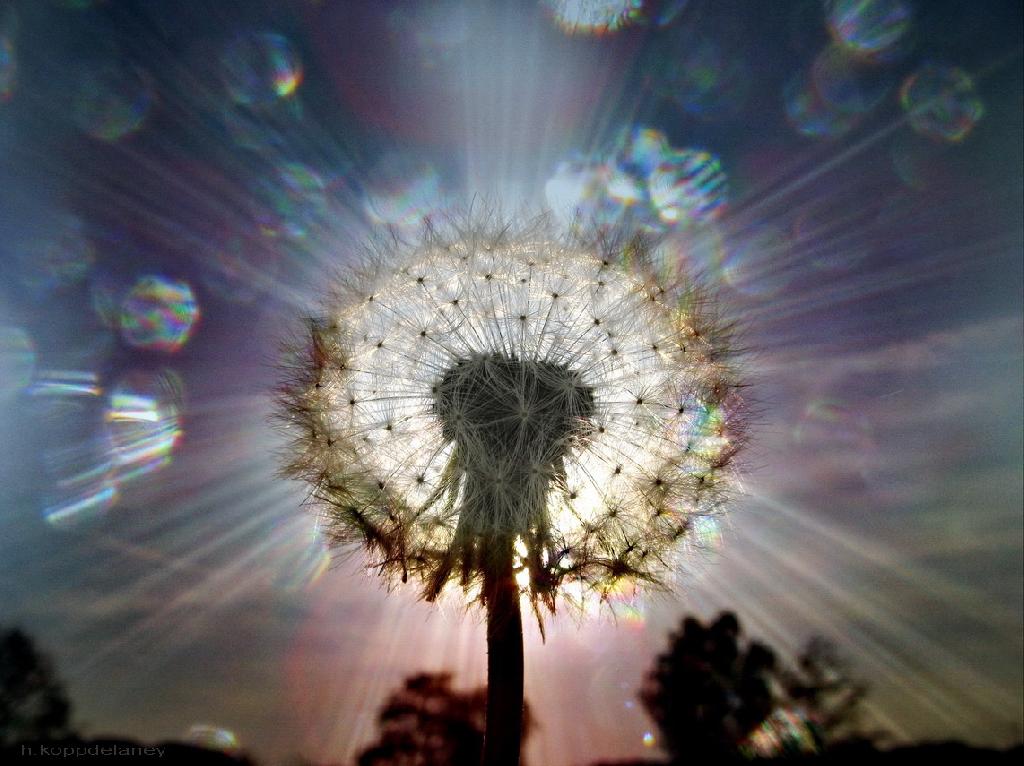
Outside of the commercial aspects of this, in today’s society we have built in these distractions and real-time references to some future point or milestone that pull us away from being grounded in our daily experience of simply being. We have instilled the concept and expectation around planning that fuel lower vibrations of fear, worry, comparison, etc., under the illusion that somehow when we get to that milestone we can enjoy it. We function in a state of tending to do too much and be too little.
There is a preoccupation of getting “stuff” done and a mindset that being still or idle is not productive. We have built a society in which people, especially in developed countries, are overactive, distracted and restless—thinking that they need to do more, have more or be more. And we get so preoccupied that we may even lose sight of gratitude.
Our physical selves—our brains—are sort of programmed to race from one thought to another, and our emotional selves get caught up in feeling guilty, inadequate or fearful when we are not in some physical state of perpetual motion fed by self imposed expectation. This is compounded when the institutions around us put distractions in front of us that make us have either a step in the past or the future—but not in the present. Be it (too) early holiday promotion and commercials, social media or legacy expectations, we forget to appreciate right where we are and who we are.
But we have the power to walk away from the distraction and to remind ourselves that we are in the present. We have the power to be in the now and stop ourselves from being transported into some future state (or to be dwelling in past states). We have the will to shut out the noise and be comfortable right where we are.
As the holiday season gets kicked-off with Thanksgiving in the US—with the “race” to New Years, realize that the now is all we have. The past is a story and the future will unfold as it should. Recognize the feeling of complete presence and focus on incorporating that feeling more into your every day life. Know where you are and just be.
Keep It Simple
“Misery is complexity. Happiness is simplicity” – Lester Levenson
I wanted to touch on an idea that has always intrigued me and the more I open myself up to it and put it into practice in my life, the more evident it becomes in my reality. That idea is simply that as seekers of truth, the more complicated something is, the further it is away from ultimate truth. The more we can simplify things in our lives, the closer we come to what is the genuine Truth or Way.
So simplicity is key, and cutting away all the unnecessary fat so to speak, can clear our connection to the Source that is within us all. It’s a simple formula to abide by in our lives to help keep us grounded and on the right path. When we can do this more and more in our lives, we find ourselves genuinely more happy and content. This has a lot also to do with the fact that things become more and more effortless for us as well.
We can see the idea of complexity being the norm, and almost praised in our society, so in many ways people tend to resist this idea because it is so prevalent and ingrained. It’s almost as if we are taught that the more complex an idea or program(s), system, solution etc., is to get a certain desired result, the more effort has been put into it, and hence people many times feel more of a sense of accomplishment. But usually this is just the ego talking. The truth of the matter is though, is that many things can actually be really simple and easy that seemingly are not. 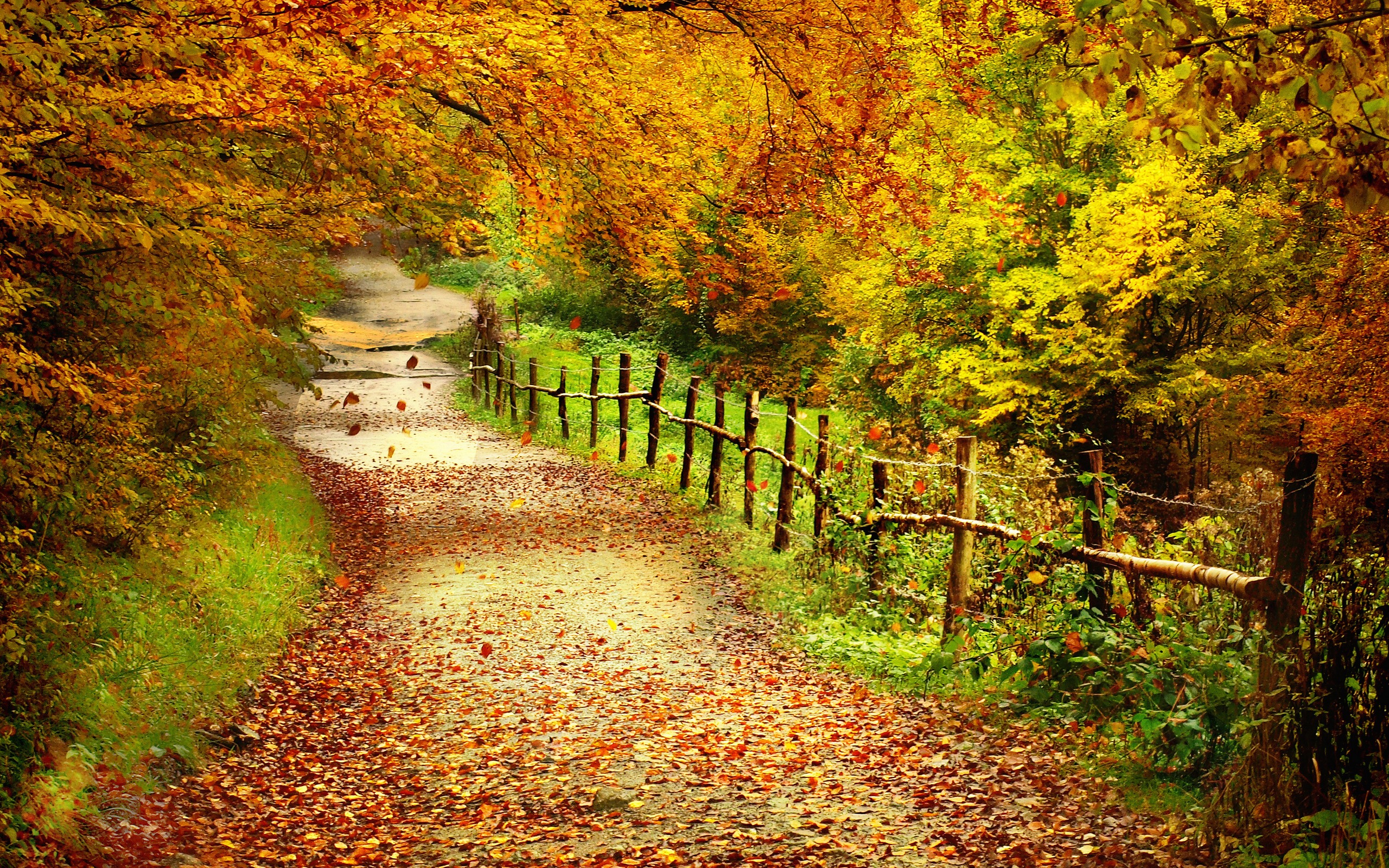
It doesn’t always have to be some ten, twenty or thirty step process that takes forever to get where you want to be. But in some cases, entire industries are based on complication, so we are brainwashed into thinking it has to be this way, when it doesn’t. There’s a lot of money to be made in keeping things complicated, so keep that in mind. It also is a good way to control people and keep them dependent upon something outside themselves or keep them submerged in an on going, sometimes unnecessary process that delays direct contact with a simple solution.
In fact, when someone does something or drops something simply, without going through all of the complicated motions so to speak, it almost seems unreal, or impossible to believe. What this really means is that one is taking things to a new, higher level is all. Simplicity is the gateway. A big part of this though, is also one’s belief or quality of consciousness that this is possible.
Since being genuinely happy is our natural state of being from following a simpler more grounded path, it is authentic. Complexity on the other hand includes (amongst other things) over-analyzing, over-thinking, not trusting yourself or your instincts and doubting your own power. In the end complexity is a very restricting and limiting way to live and approach things, and just obscures our direct access to happiness, because happiness is not complex.
In the light (or darkness) of what the norm in our society is and what is expected of us, we have to have a solid, unshakeable state of mind and belief in ourselves that we can do things better and differently, or in this case more simply. Give it a shot and see what happens, if worse comes to worse you can always go back to your old complicated ways.
The Significant You
“. . . Some of it’s magic. Some of it’s tragic. But I had a good life all the way.”
Jimmy Buffet, He Went to Paris
During our time in this physical world we often move through it not being in tune with the significance of ourselves. Some lose sight of the wonder of who they are and the life they live. Many get distracted with thinking that their lives are ordinary, feeling like their lives are not turning out to be what they may have envisioned, or longing for experiences they desire.
They stoically brush it off or make the excuse that this is “just life,” putting on the mental list all the reasons why—bad luck, being obligated or tied to someone, something or somewhere, less than optimal relationships, missed opportunities, or their social or economic standing. If they reflect and search for the answers, the voice of their ego starts to negate that inner dialogue. This voice speaks from fear, distress or limitations, and keeps one diverted. For many this leaves them stuck in the mindset that they or their lives are not significant, and they go through the motions of living not receiving the world around them, themselves included.
There is the cliché that life is a journey or about the journey—meaning the experiences. We are here in this physical time and space to experience. But often we let those experiences go unnoticed or let them lose their luster. By human nature, we tend to let the difficult and challenging experiences linger or stay more prominent in our bank of memories, where we draw upon them more than upon the joyful or pleasant experiences. 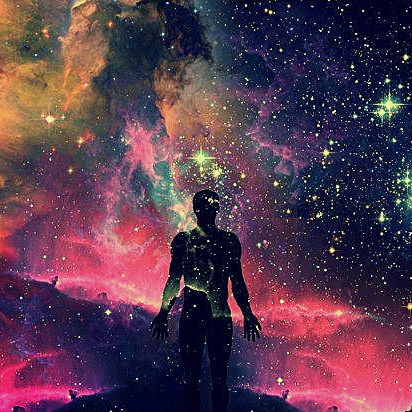
For the most part, people have no idea how incredible they truly are. One way of looking at it is they get too close to themselves, and their sense of self is influenced by expectations ingrained in them from when they are very young on what is success or happiness—and measures or milestones that must be met so one can consider oneself significant. And the sadness is that often it is only when one is fortunate to have lived a long life that the realization of the significance of one’s life is realized, when one realizes that they are exactly who they were intended to be.
As we walk on this earth in these amazing times of change, we should not do so in fear or self-doubt, or thinking that our lives are ordinary or less than ordinary. We should not be walking around in a trance, thinking about what we need to do or have done—spinning stories about what is happening. If our minds are full of stories already, we cannot notice the present moments.
We cannot see what is all around us and the significance of ourselves. If an emotional state or story has filled our minds, it prevents us from seeing what is in front of us. I read somewhere about this imagery of not being able to fill a cup with the present moment when it is already full.
Indeed, life is full of experiences that our human mind or state will classify as happy or sad, magical or tragic, energizing or deflating, etc. These are often fueled by us seeking love, wealth, success, fulfilment or even enlightenment, or as the Jimmy Buffet song goes “looking for answers to questions that bothered him so.” In efforts to find these things or answers, and attempts to change, we sometimes ignore who we really are and the wordless intimacy of and with ourselves.
Although there are days or seasons of our lives where we may not feel or think it so, each one of our lives is magical. I say do not wait to your later years to reflect on your life and in a melancholy state realize the significance of you. Reflect daily. Cherish who you are. Know when to empty your cup so you can fill it with new stories from being present and mindful, and know that the answers you seek are within you.
The Energy of Relationships
Sometimes we may feel that we are out of sync with others, even with our closest friends, special people in our lives, family and co-workers. We try to consider the factors of why this is so. Is it distance, distraction, something we said, something we did, etc.? We may feel that we are not important or special to someone any longer. We may feel that we don’t fit in. And we ourselves can start to feel “de-energized” or like our tank is on empty. When we feel this way it’s important to remember that relationships are energy and we ourselves are energy.
We live in a world of energy. This energy is behind all matter and is the basis of all that we see around us; in fact, of all of this world’s creation. Energy is not governed by time or space.
We as human beings are made of energy. What allows you to experience others and them to experience you—relationships—is energy. Relationships of all kinds—friends, co-workers, family, intimate, casual acquaintances—have energy circuits and there is an energy exchange through those circuits. There is an inherent magnetism between people. Most people are aware of it, but usually in a superficial way. We all experience this.
Think about the times you meet people that you automatically gravitate to and feel that you have a special connection with; that you feel like you have known forever, or are “like-minded” and the relationships that form from this basis. Think about the times you meet people that you don’t quite like, make you feel uncomfortable or can’t connect with no matter how much you try. This is energy in action or at work and our instincts kick in to how we engage in our various relationships. 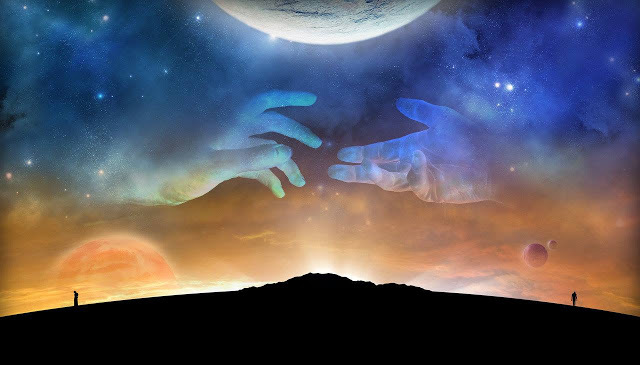
Relationships or our people connections give us “rewards” that are emotional, physical or spiritual. What we give relationships is our time, attention, mind, hearts and energy. This is the fuel of the energy exchange through the circuits.
There are so many different ways energy can flow and so many different circuits. And for our more meaningful or complex relationships, energy must be exchanged and in balance to endure. In short, the electrical circuit must flow.
When you are feeling disconnected, it’s important to be aware of the kind of magnetism or energy you direct to other people. Are you engaging or reacting from a point of fear, uncertainty, or confusion? It is important to reflect on if what you are feeling is stemming from a past experience or some unresolved emotion that you still carry with you. These can cause energy flow blockages. In short, you need to be aware of your energy signal—which is a combination of your conscious thoughts and unconscious thoughts, feelings, beliefs, memories and unexpressed emotions.
As a rule, when you are feeling disconnected or tired, you are not receiving an energy circuit adapted to your environment. Beyond you, when you are feeling disconnected or out of sync, there are other factors at play, including the energy flow from the other person in the relationship. They themselves may be experiencing blockages or working through some unresolved emotions or experiences.
And it is human nature to feel like something is different or changed in the relationship. This is when an effort to maintain a high level of communication, sensibility and mutual confidence is important, as well as to keep a positive and rising change in the relationship. Putting time into self-awareness and being mindful is a must. This allows you to discover the energies that enhance and balance you and those in relationships with you, as well as those energies that may cause drain or disconnect.
Put Your Oxygen Mask on First
“The best place to find a helping hand is at the end of your own arm.”
~Swedish Proverb
When you fly on a commercial airplane, the flight attendant instructs you in the case of a sudden loss of cabin air pressure to put your oxygen mask on first before helping others. Why is this an important rule for ensuring survival? Because if you run out of oxygen, you can not help anyone else with their oxygen mask.
We can apply the oxygen mask metaphor to everyday life. On the physical dimension we can become overwhelmed, tired, bored, or frustrated by our day to day world. There are many demands and expectations to which we surrender ourselves and sometimes we lose sight of who we are. We distance ourselves from taking care of our mind, body and soul.
On a metaphysical level, we live in times where there are major shifts underway as ascension is happening and we find ourselves living or having the majority of our experiences in the third dimension as fifth dimension characteristics reveal themselves. This can cause agitation, a feeling of loss or confusion and even physical symptoms. In this state we may feel that things are not as they appear and we may find ourselves trying to hold on to what has been, but know we need to let go. This can put many in a state of gasping for air.
But we can not contribute our gifts, talents, compassion or creativity, love or intelligence—in short our destiny to the world—if we are gasping for air ourselves. It is difficult if not impossible to help others if we do not first help ourselves. We need to first experience helping ourselves and taking care of ourselves. We can only know how to help others when we have had the experiences of helping ourselves. 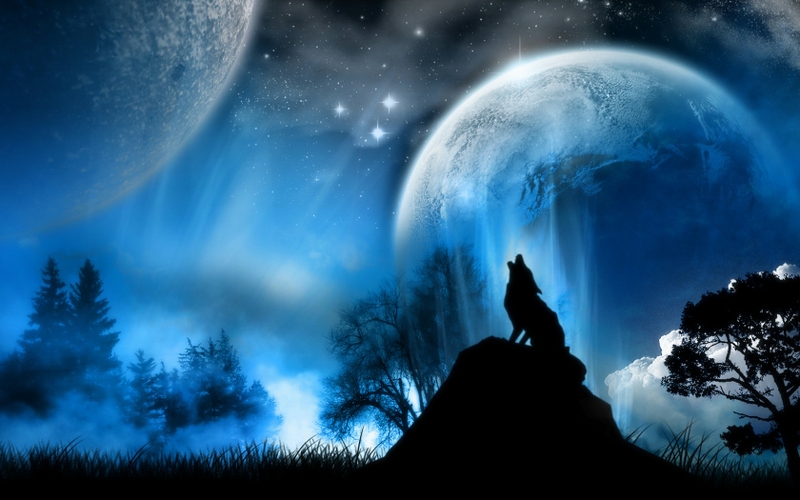
Our ability to help others and the world around us—our helping power—is a reflection of our knowledge, attitude and talent or skill. In order to help others, we need to invest in increasing our helping power and impact. And this starts with taking care of yourself on the dimensions of mind, body and soul.
I realize that for many this may seem selfish. But this reaction is rooted in the lower vibrations of judgement or expectation of the third dimension. If we think about the oxygen mask metaphor, if we do not put on our masks first we will be deprived of oxygen, become unconscious and not be able to contribute to help others or to make that difference. There can be detrimental consequences.
If we allow ourselves to understand ourselves, to reflect, gain clarity, to practice gratitude, to rest and to be well both physically and mentally, we will have the ability to truly help others. If you allow yourself to have experiences that foster your knowledge, talents and attitude and to improve your overall well-being, you improve your ability to help others.
Also, we need to be cognizant of the difference between empathy (to care about others and understand their feelings) and sympathy (actually helping others). This may sound counter-intuitive, but if you are seeking to make change you need to first focus on evolving yourself. Only when you are equipped to help by nurturing yourself will you find your contributions more meaningful and fulfilling. With this, I encourage all to put on your oxygen masks first.
‘Re-finding’ Your Way
In the twists and turns of life, sometimes we feel we either are right on course for where we think we need to be or we may feel like something is missing, or even that we have maybe lost our way. Hopefully you feel like you are ‘right where you need to be’, but if you feel otherwise, don’t despair because you are not alone and you can get back on track.
The strangest part about feeling this way is that it can be hard to pin down exactly why you do. Some people may even say they feel ‘depressed’ or just feel out of sorts. I know when I was younger, I found myself often in a state of melancholy and never really knew why. I had a loving family and people that cared about me, was healthy and athletic, played sports, had a lot of friends, I wasn’t poor, etc., and so I really had no real reason to feel this way.
I only mention this about myself because I can relate when someone tells me they feel out of sorts and they can’t explain it, I was like this for years. But I would shift, sometimes happy and filled with wonder, and sometimes the opposite. I didn’t know where I was going in life although I had a lot going for me. The smallest thing could seemingly change my mood, and ultimately my course, almost like a leaf at the mercy of the wind.
Sometimes it hits me as an adult, being much older now almost like it did way back then. But if I look at the big picture, take a deep breath and a step back, I see that I was happy coming into this world, as a child the world was full of wonder and limitless possibilities. We can recapture this in our current state, but only if we consciously choose so. It has to be a daily decision to do it. And if we do, it will be the same and at the same time not the same, (the feeling that is) because we are always changing, evolving, and growing as human beings. 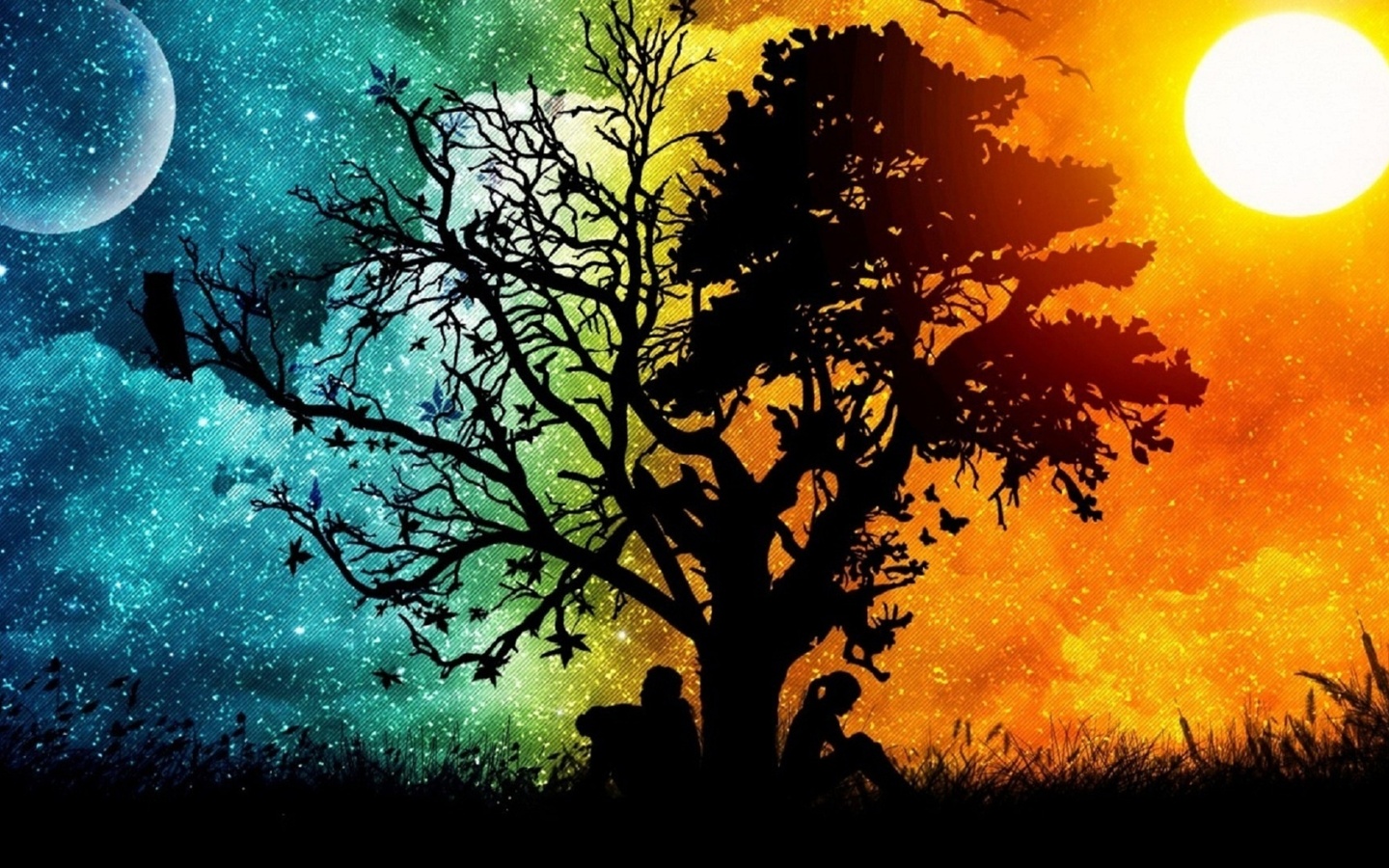
But the feeling is what counts. So how do we arrive back at the feeling of knowing we are on the right path or Way? Re-finding your Way is always a rediscovery of yourself and who you think you are. It’s natural to lose yourself, life can become seemingly so complicated and there are just too many variables sometimes to avoid this from happening. So recognizing this, is the first step in getting back on track.
An important thing to remember also is that you can simplify the basics that you need to and that there were things you have experienced in the past that you felt gave you purpose, that motivated you to move with energy and excitement. We can reclaim or revisit these ‘things’, whatever they may be to help us get back on course. We can try some new activities or hobbies we’ve been putting off as well to help start to shift and see things differently.
Sometimes maybe we need to just take a break. I have found that for me personally, taking a hiatus from something you are so used to doing can help tremendously and gives me fresh perspective. Remember, you are not obligated to do anything. You are only obligated to yourself, and sometimes being a little selfish is OK. I am not saying neglect those around you that need you, just that if you are not the ‘you’, you need to be, those around you will suffer as well. So take some time for yourself if need be.
Ultimately the key to re-finding your way to where you feel ok with everything, is finding balance. The only real balance we can have control over is what we do with our bodies, how we think and our reaction to things. Letting go of controlling outcomes, and other peoples opinions and actions is a must. Some other practical things we can do daily is to go inside and out.
By inside and out, I mean doing some type of daily internal practice (meditation, affirmations, personal mantra, self-hypnosis, breathing exercises/chi kung, etc.) and some type of physical activity (calisthenics, weight training, jogging/walking, hiking, yoga, martial arts, etc.). By going ‘inside’ and ‘out’ we not only rejuvenate ourselves, but help ourselves to focus our energy and be in the moment. When we can do this, the universe naturally starts putting us back on track.
Define Your Self
At a recent conference I was at, a speaker spoke about how he did not want his daughter to be defined as a consumer, and for her not to think of herself as a consumer. “She is a creator, not a consumer,” he said.
This struck me, initially thinking how we unconsciously accept labels imposed upon us by today’s institutions and paradigms, by our family and friends and even ourselves. Then I thought that we are all indeed creators so why do we let others define us, and more so why do we use the defined or existing categories of identity to define ourselves. Maybe because it’s easier, more comfortable or familiar, but when we do this we lose our ability to create who we are.
Ask yourself this question. “Who are you?”
By human nature and by ingrained habit, we might respond with our job title or “what we do for a living,” our heritage or culture, our sex, our relationship status, our astrological sign, our religion, where we live or where we “came from” as in the history of where we were born, grew up and where we now live. If we contemplate the question more, we might respond with our hobbies or values and beliefs.
For some, we may not define ourselves alone. We may define ourselves attached to someone else or something else. We all have many identities and they are all contextual. How you portray or even define yourself in person with an intimate circle of friends or family, vs in a work environment or on social media will be different. Our various identities are significant, varied and multi-faceted—even multi-dimensional. They reflect us from our endless myriad of experiences. 
The challenge comes in when we unconsciously (and consciously) identify ourselves by definitions that are external to us, and by the generality of these definitions. Mother, wife, student, senior citizen, entrepreneur, retired, employed, end user, consumer, etc. Our identity is more than the generalized identify of the groups we are part of, what we do or what stage of our life we are in. Our identity is more than the duality of emotions or characteristics we experience today.
However, many get drawn and stuck in self-definition or identity that is not created by them. They tie their identities to false expectations, assumptions, desires created by capitalism, institutional paradigms of degrees, test scores, performance reviews, investments, social media likes and followers, etc. They unwittingly misplace their identity in the hands of others—not questioning, and worse filling a self-fulfilling prophecy created by external forces and others.
When we do this we limit ourselves and struggle with simply being us. We can fall into the trap of wanting and purchasing things we do not need or even like. We strive to meet goals that are not truly ours. We doubt ourselves when we compare ourselves to others or do not “live up” to the expectations of others. We let a score or a rating determine our future. We let a characteristic that someone gave us in some season of our life dictate our behaviors and close our minds.
As creators, we have the ability to create and define ourselves—and what is even more amazing is that the creation and definition of yourself can (and will) change. Everyday you have the ability to create you. So I ask, why bog this down with labels and definitions that others have bestowed upon you? Define your self.
Respect for You
“If we can respect the divine within us, if we can treat it with dignity, then we can respect others around us.”
~ Vishwas Chavan
I have often touched upon self-appreciation and self-love as we explored the constant state of change and the mind, body and soul connection. This in the context of appreciating, loving and accepting you for who you are and all that you are. Self love is one of the greatest gifts you can give yourself and is fundamental to living well. Self love is a state of appreciation for oneself that grows from experiences and actions that support our physical, emotional and spiritual growth.
Going hand-in-hand with self-love is self-respect. When we think of respect we often do so not in the context of ourselves but more so in the context of who is respecting (or disrespecting) us and who we respect. Overall, respect can be defined as a sense of personal value that you attach to someone or someone may attach to you. Self-respect is the personal value you attach to you.
Just like self-love, self-respect grows by our actions or experiences that mature and hopefully evolve us. When we think, speak and act in ways that expand self-respect in us, we have compassion for ourselves and move to a state where we nurture our mind, body and soul. More so, we understand our core values and beliefs and do not compromise them.
Respecting yourself is a major piece in loving who you are. Each of us are magical beings and deserve to be respected and loved because we are unique. A common definition of respect as a verb is “to show regard or consideration for.” In thinking about self-respect, ask yourself if you are showing regard and consideration for yourself and those around you with your thoughts, words and actions. 
Self-respect is something you should automatically give yourself—regardless of what image you see in the mirror or the thoughts running through your head. You need to know and believe that you deserve the respect given to you and show respect for yourself through your actions.
The longest relationship you will ever have in your life is the relationship you have with yourself. It is up to you to develop and nurture the strength and connection you have with yourself through self-respect and self-love. Only you can define your value. It is not, and never will be, found or defined by someone or something else.
Without first learning how to appreciate and respect ourselves, we will never be able to appreciate and respect the other people and things in our lives. Without self-respect, self-love and investing to find peace with ourselves and cultivating a deep understanding of ourselves, we can fall into the trap of being in a continuous cycle of trying to find acceptance, validation and respect from outside.
The more you respect yourself, the more you will be able to love yourself. As you can imagine, there are many things in life that can distract you from or hinder self-respect. There can be outside influences that interfere with treating yourself honorably. These include the low-vibration energies of comparing yourself to others, envy, fear, judgement and others that are often fueled by life events and situations.
But these life events and situations are simply experiences and you own how you choose to react. If you build a strong foundation of self-love and self-respect you will not react out of fear, envy, judgement, etc. You will be grounded in the value of you and your beliefs.
In short, if you do not respect yourself then you will not take care of yourself, and you will choose to let people treat you badly. With self-respect, you recognize and know your worth and others cannot negatively influence your opinion of yourself. As we have heard many times in many ways, you must love and respect yourself before anyone else can or will.
All Roads Lead to Nothing
Every once in a while it feels like life throws us a curve ball or puts up a road block that makes us question what we are doing and why we are doing it, and to have that more immediate reaction of “why bother” or “I just wasted time and energy.” You know that feeling (and some may say it out loud) of “well, that’s hours of my life that I wasted” or “can’t get back.”
It is, for the most part, a normal human reaction. Be it time and energy invested in a relationship, job, project, etc., when something happens that feels like It halts progress, changes how we feel, what we do or how we do it, we tend to initially feel betrayed—after all, we were hoping and believing that the experiences we were having were going to result in something, deliver us a next step up the proverbial ladder of success, or get us connected to new people or places that would serve some purpose for our purpose.
I am a firm believer in experiences and that there is no such thing as time or energy wasted. From every experience we learn, grow, evolve and progress. But sometimes we get a bit off center about the experience. As we embrace that any given path we are on—with persons we encounter, situations or challenges we navigate, hurdles we overcome and emotions we feel—will deliver something tangible and an outcome that will get us to the “next level,” open a door to a new opportunity or fulfill us. 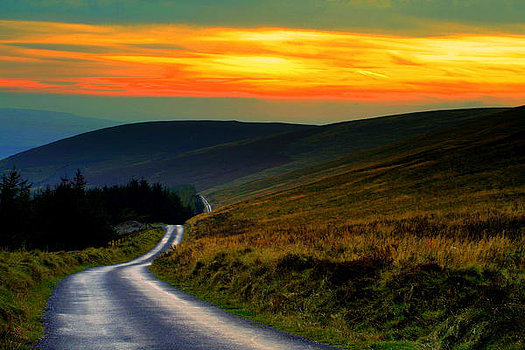
And when after investing time and energy on this path, a wrench gets thrown in, we can sometimes think of ourselves as a fool. But the only foolish thing was losing sight—even for a few moments—that it is not about the end game or getting to the next level. It is not about a deliverable for the hope or expectation we held. It is simply about the experience—nothing more and nothing less.
In a way, all roads lead to nothing if you are thinking in a liner fashion and that the road will lead you somewhere, with somewhere defined as a destination or end point. Think about it this way. There are no destinations or end points. There is a flow of interactions, events, emotions and feelings that are all part of your experiences.
Life really is a collection of endless and timeless experiences—essentially a continuous string of them. When we start to overlay expectations on our experiences or desire an experience to result in something tangible with some time line attached to it, this is where we can start to feel a bit betrayed or deflated and think that the Universe is working against us. Sometimes we put too much emphasis on what our purpose in life is. Our purpose is to experience and through those individual experiences we are part of the Universal whole.
There is no “end” in life because your life is not about fulfilling any fixed agenda. Your life is energy experiencing itself. Your life energy—as in all energy—never stops. It flows. When you remove the mind-set of thinking of your life as a project plan with milestones and key deliverables, and simply let the process of your life unfold you will be able to be more in the moment and appreciate your experiences for creating the every evolving you. All you encounter, all the people you meet on your path and all you feel are there for a reason—with that reason being for you to just experience.



